One of the constant challenges for an organisation such as the FSC is to be able to develop new initiatives to strengthen its work and respond to new challenges. These often need to be researched and trialled before they can be fully implemented. This process takes time and costs money, which cannot easily be raised out of normal revenue streams.
Small grants and donations can therefore play an important role in helping the FSC to keep moving forward to achieve its mission in a rapidly changing world.
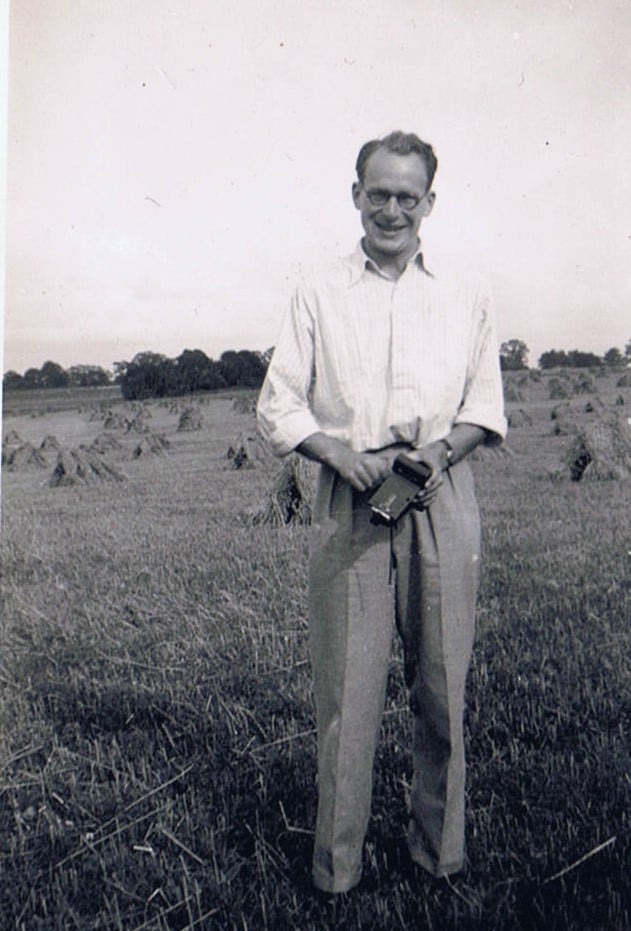
One example of this has been the ‘Oakley Fund’, which was established to commemorate the contribution of my father, Gerald Oakley, the FSC’s first official ‘Secretary and Treasurer’. Gerald, a chartered accountant working in the City of London, was brought in to help the organisation overcome financial problems in its early years. He was credited by Ian Mercer, the recently retired FSC President’ from “having saved the organisation from bankruptcy” in the early 1950s and then setting it on a sound business footing which it has been able to maintain ever since. He also played a key role in setting up FSC Preston Montford and FSC Slapton Ley, prior to his early death in 1959.
The Oakley Fund was set up in 1996 by my sister Jenny Vaughan and myself, with the support of others and especially of Roger Chapman, a former business partner of Gerald and one of his successors in the Secretary/Treasurer role, who after retirement continues as an Honorary Vice-President. We also had strong support from Professor Ian Mercer (who had known Gerald in the early days) as President of FSC, and from Tony Thomas who was Executive Director at that time.
We were very clear from the outset that we did not want the funds raised just to disappear into the established ongoing activities of FSC. We wanted to support new initiatives that would have the potential to bring benefits way beyond the scale of the modest investments that we were in a position to provide. And we tried to imagine what kinds of actions Gerald would have thought potentially the most fruitful in the circumstances.
After reviewing a wide range of options proposed by Tony Thomas and his senior colleagues, we decided to begin with two specific initiatives.
One was to provide funding for the establishment of a Wildlife Garden in the grounds of Valley Farm at the FSC Flatford Mill. Flatford had been a particular favourite of Gerald’s (I recall him taking me there as a child). The Warden, Edward Jackson, felt this could be a valuable on-site resource for teaching, and something that other centres could establish as well. Subsequently, Mark Bolland, then Warden at FSC Nettlecombe Court picked this idea up, and my sister Sally Oakley and I (and other members of our family) have worked regularly as volunteers helping to revitalise the old kitchen garden, not only for vegetable and fruit growing, but also with plants and shrubs that particularly attract moths and butterflies. As a result, the garden has also proved particularly popular with photographers and painting courses.
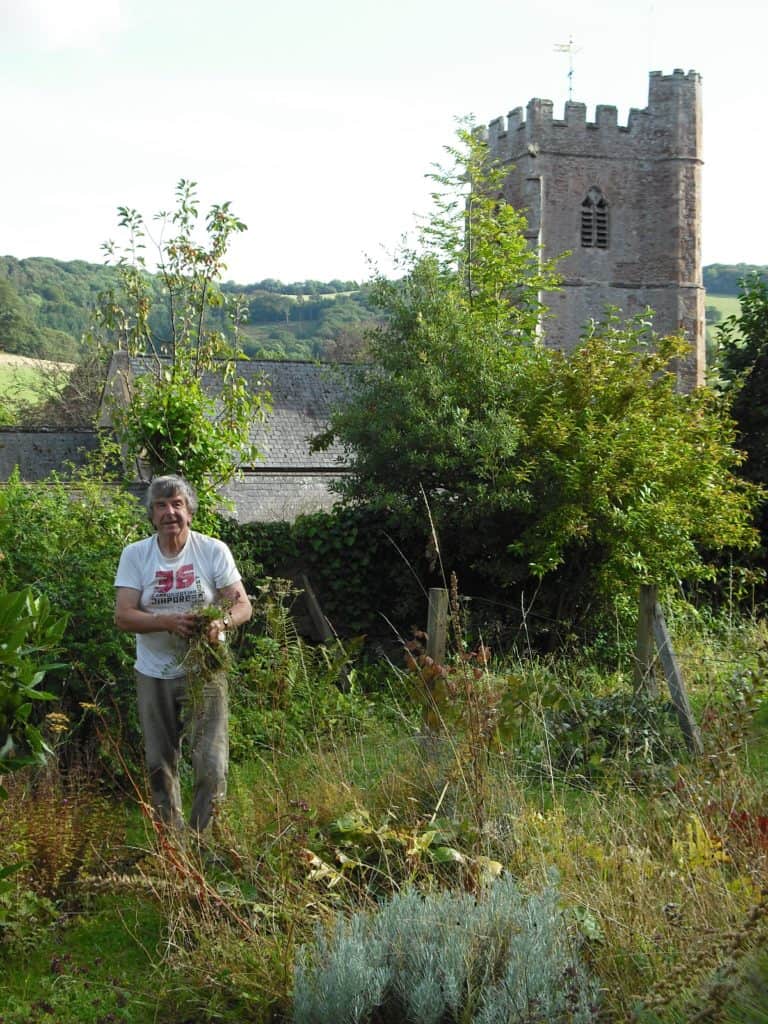

at FSC Nettlecombe
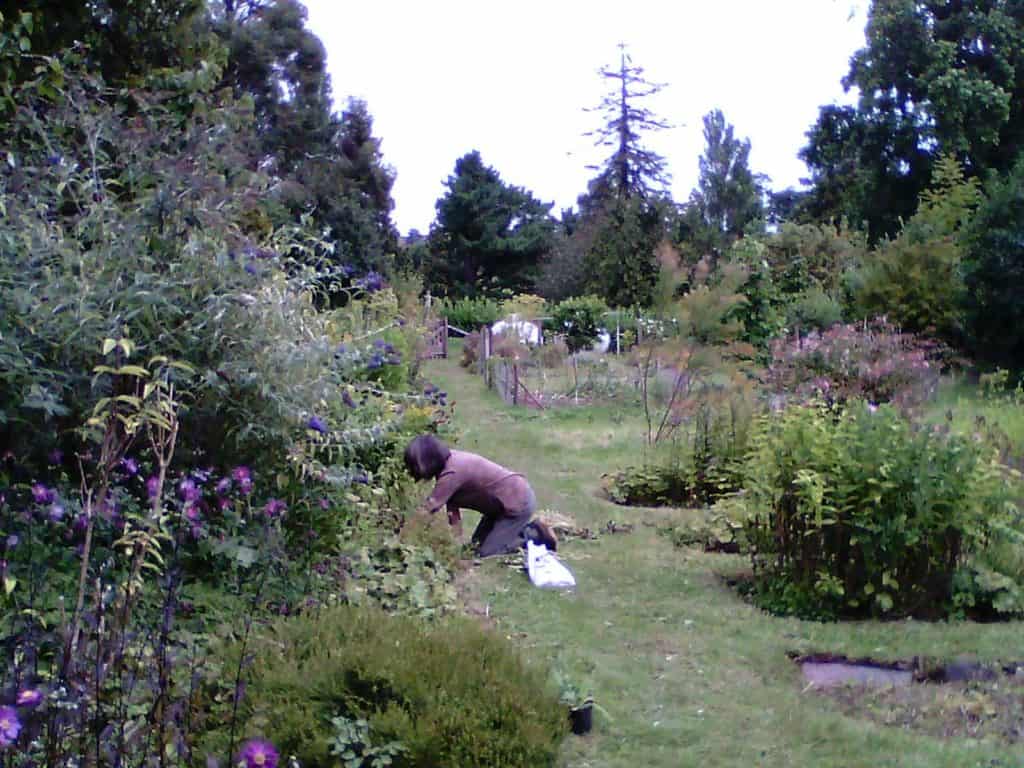
The second initiative was focused on supporting schools, by identifying and promoting good practices in their use of FSC resources and facilities. To try to achieve this, we set up an ‘Oakley Award’, for which schools could compete by submitting records and examples of their students’ work. We piloted this at FSC Nettlecombe with the cooperation of Mark Bolland. The initiative produced some impressive examples of good practice in the use of field studies in areas such as geography and biology. However, it became clear that putting together and submitting applications placed a considerable burden on schools when they were already subject to many other pressures and demands, and it was decided not to proceed with this scheme and to seek alternative ways of supporting the development of FSC’s mission.
Up till this time, we were only planning on spending the interest on the money in the Fund. However, as this was a relatively small sum, and there seemed little point in leaving the capital unused, we decided that we should start allocating some of the capital to projects instead.
After Steve Tilling was appointed as Director of Communications, he suggested that one potentially very fruitful way the Oakley Fund could support future development would be to provide small sums to enable research to be undertaken on needs and possible solutions, and to support pilot or feasibility studies. These could then become the basis for applications for more substantial funding which would be required for new projects or the development of existing programmes.
Funding support was initially provided for research on out-of-classroom activities by schools, with a view to promoting the inclusion of field studies in school curricula, at a time when these were under attack on both cost and safety grounds. Support was also provided for research on the fieldwork experience of trainee teachers on PGCE courses, aimed at exploring how their skills and confidence in undertaking out-of-classroom activities could be strengthened.
After this, from around 2007, our attention began focusing on opportunities to support the development of FSC’s work in London. A pioneering project on ‘Schools in the Parks’ had already been established in Lambeth, aimed at showing how secondary schools could use their local open spaces as resources for out-of-classroom educational activities. Steve Tilling was also keen to look ahead to potential opportunities linked to the government’s commitment to include educational and environmental components in its plans for the development of the Olympic site after the Games had finished in 2012, and to use the Oakley Fund to support feasibility assessments in this regard. However, progress with post-Olympic planning proved extremely slow and frustrating, and in 2009 the Charities Commission was urging the FSE to make active use of the remaining funds rather than having them remain idle.
It was therefore decided in 2010 that there should be a plan to use up all of the remaining funds within the next few years, and four specific initiatives were identified.
The first was to continue to support the development of FSC’s pioneering work in the London area (now led by Helen Robertson) by building on the ‘Schools in the Parks’ project by extending it from secondary to primary level. This was achieved by means of providing financial support for a pilot project for a primary school in St John’s Wood to build a field studies component into their curricula from Year 1 onwards. This initially involved regular visits of Year 1 classes and teachers to nearby Regents Park, which is one of three Royal Parks in which FSC is now working jointly with the Royal Parks Authority to promote the use of the Parks for field studies by young people. A longer-term potential of this initiative is to be able to generate an experience-based and replicable model for the inclusion of field studies in a progressive and practical way throughout the years of primary education.
The second initiative for which the Fund has provided support focuses on an older age-group in secondary school: young people who are showing outstanding motivation and ability and have been selected to participate in the Young Darwin Scholars initiative. This is another pioneering initiative by FSC, designed to create a cadre of young people who can pursue careers in the natural sciences and become leaders in promoting field studies in their specialist area.
The third initiative has involved a return to FSC Flatford Mill, where the original wild-life garden had been discontinued following the redevelopment of the house and gardens at Valley Farm. However, just across the mill-pond, Willy Lott’s Cottage had also been restored for use as Centre accommodation, and the opportunity had arisen to restore as well the small kitchen garden at the rear of the cottage. With help of a small band of National Trust volunteers, the garden is once again producing the sorts of vegetables and other produce that it would have been doing in earlier centuries, and complements the charming flower garden that has also been restored at the front of the Cottage.
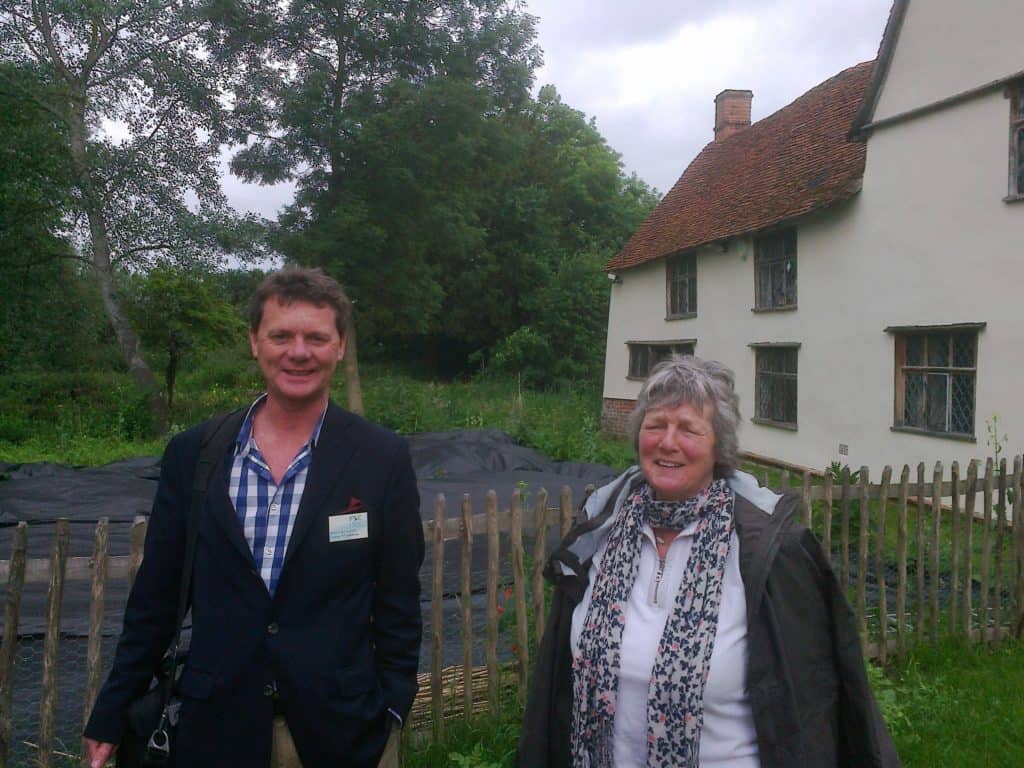
outside Willy Lott’s Cottage at FSC Flatford Mill
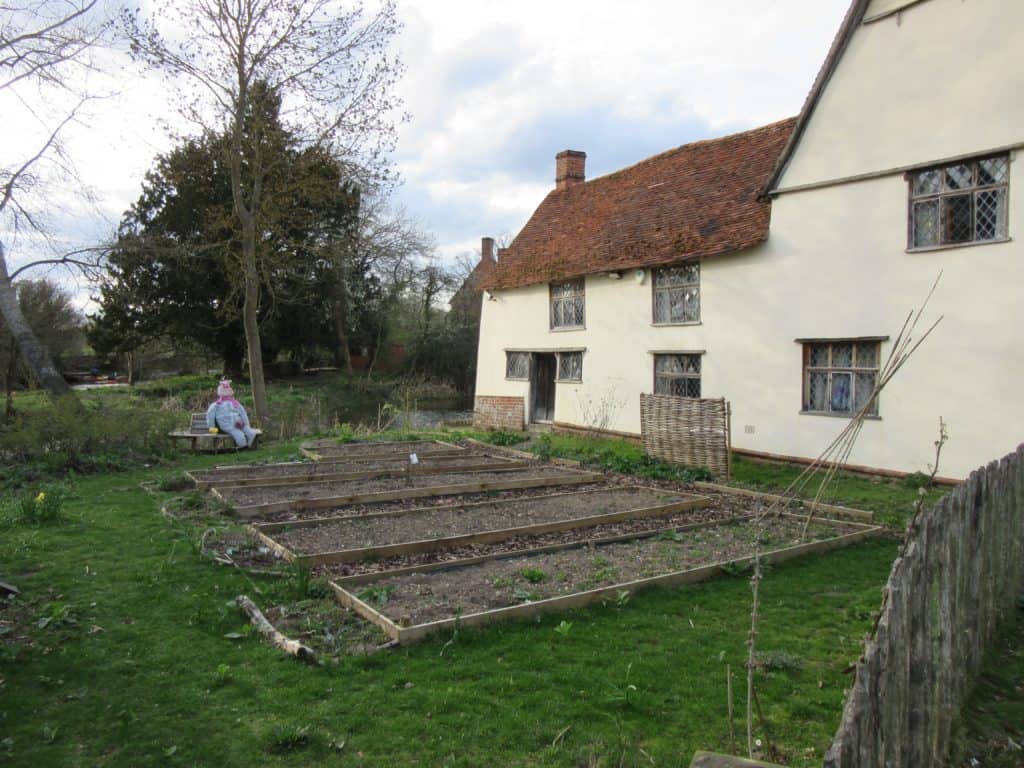
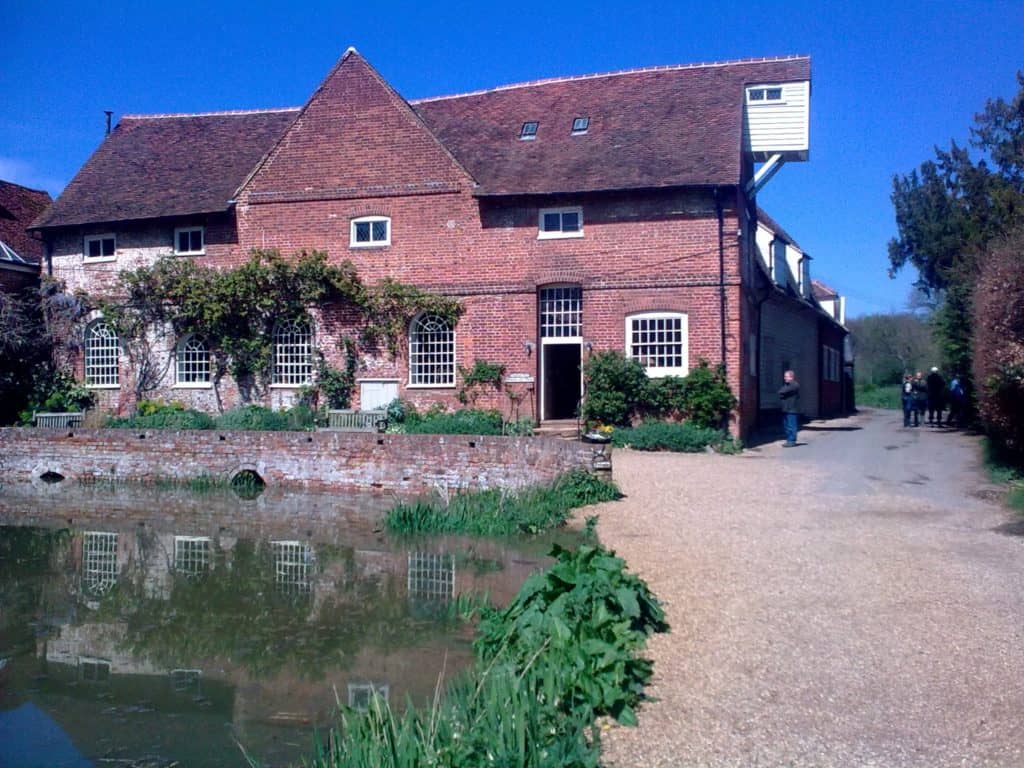
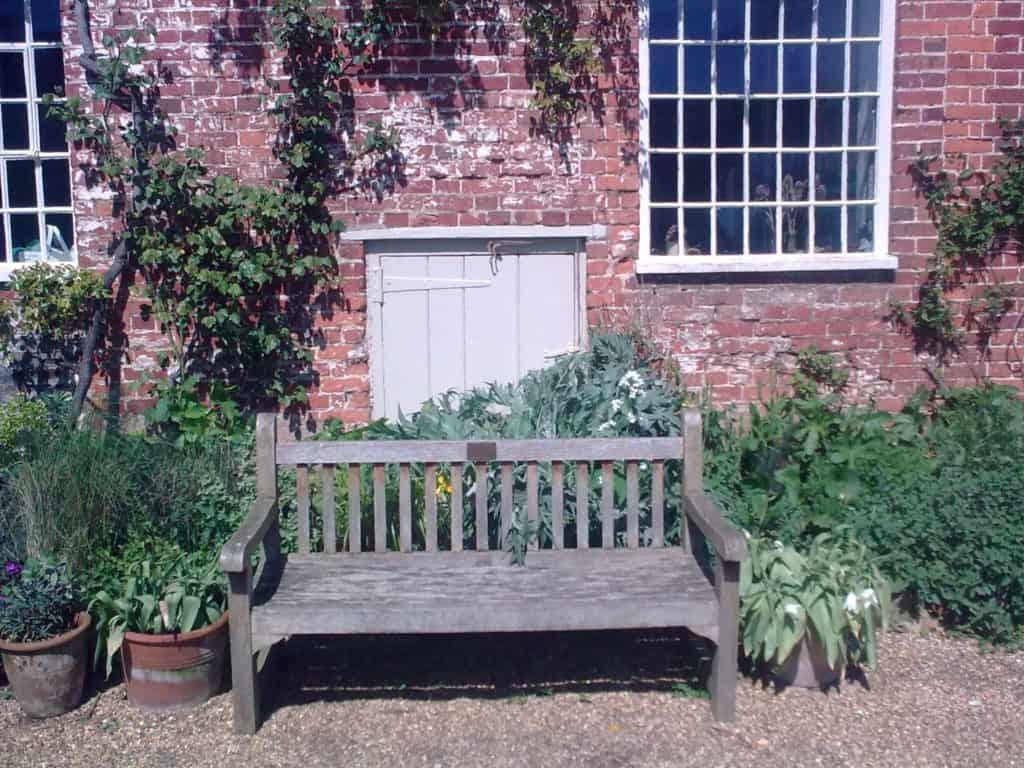
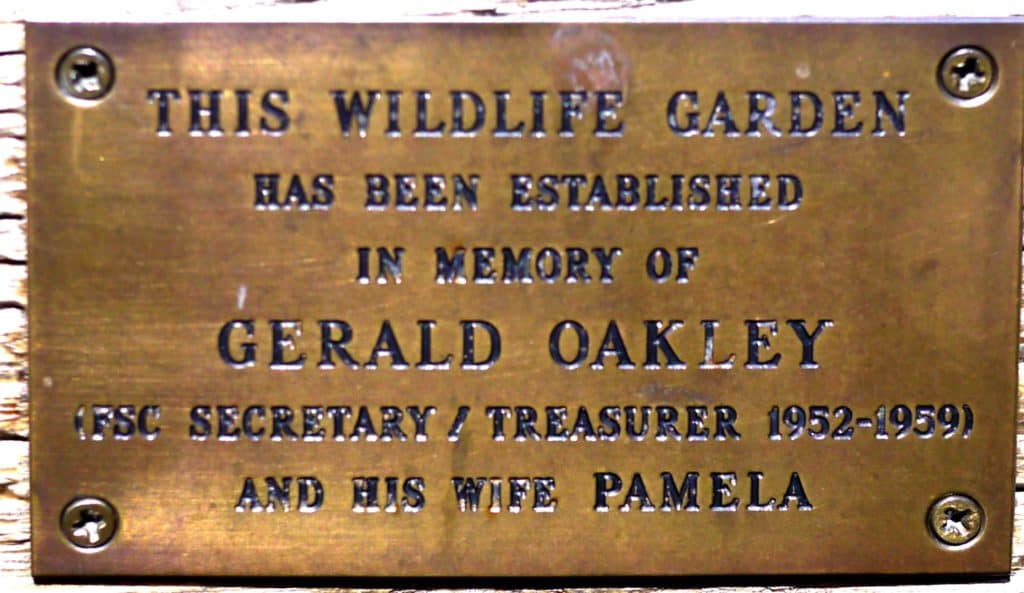
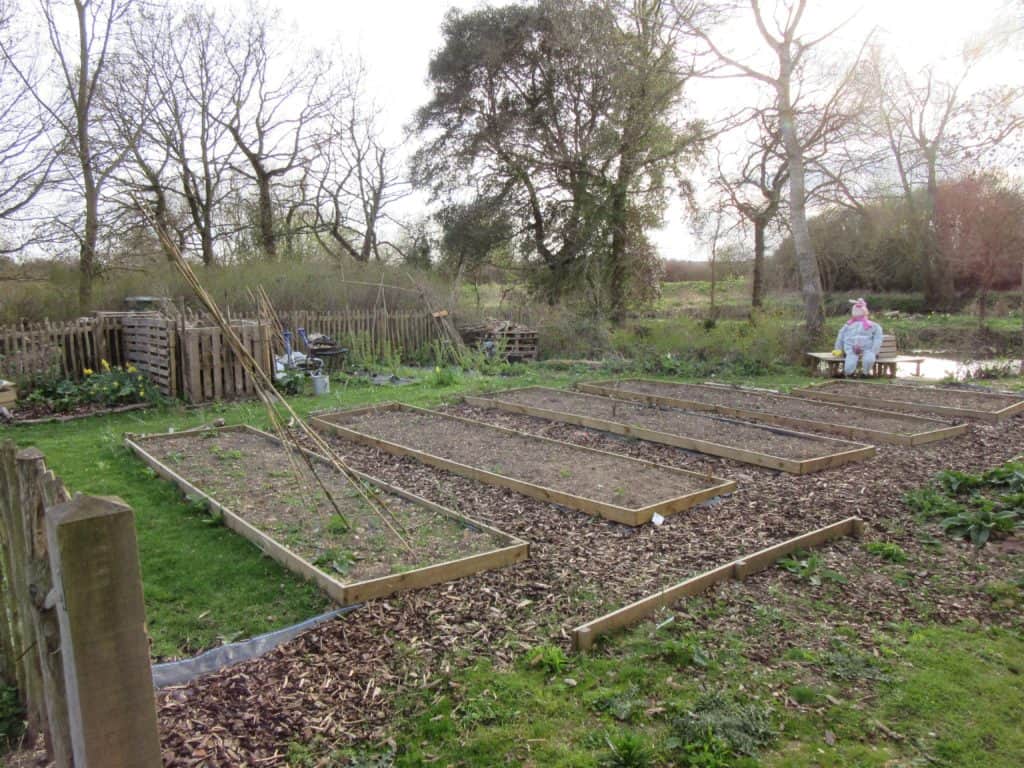
These have been the three main initiatives supported by the Oakley Fund in its closing years, but a small amount was also set aside for commemorative purposes. This has involved a small venture at the Head Office at Preston Montford, whereby framed photographs of Gerald Oakley and other leading players from the founding years are now displayed, so that their contribution will not be forgotten.
If my father were able to return and see what has been achieved by FSC in the 50 or so years since his death, I think he would be amazed at what has grown out of those early roots, and at all the dedicated work that has been undertaken subsequently to build FSC as a leading educational and environmental organisation.
